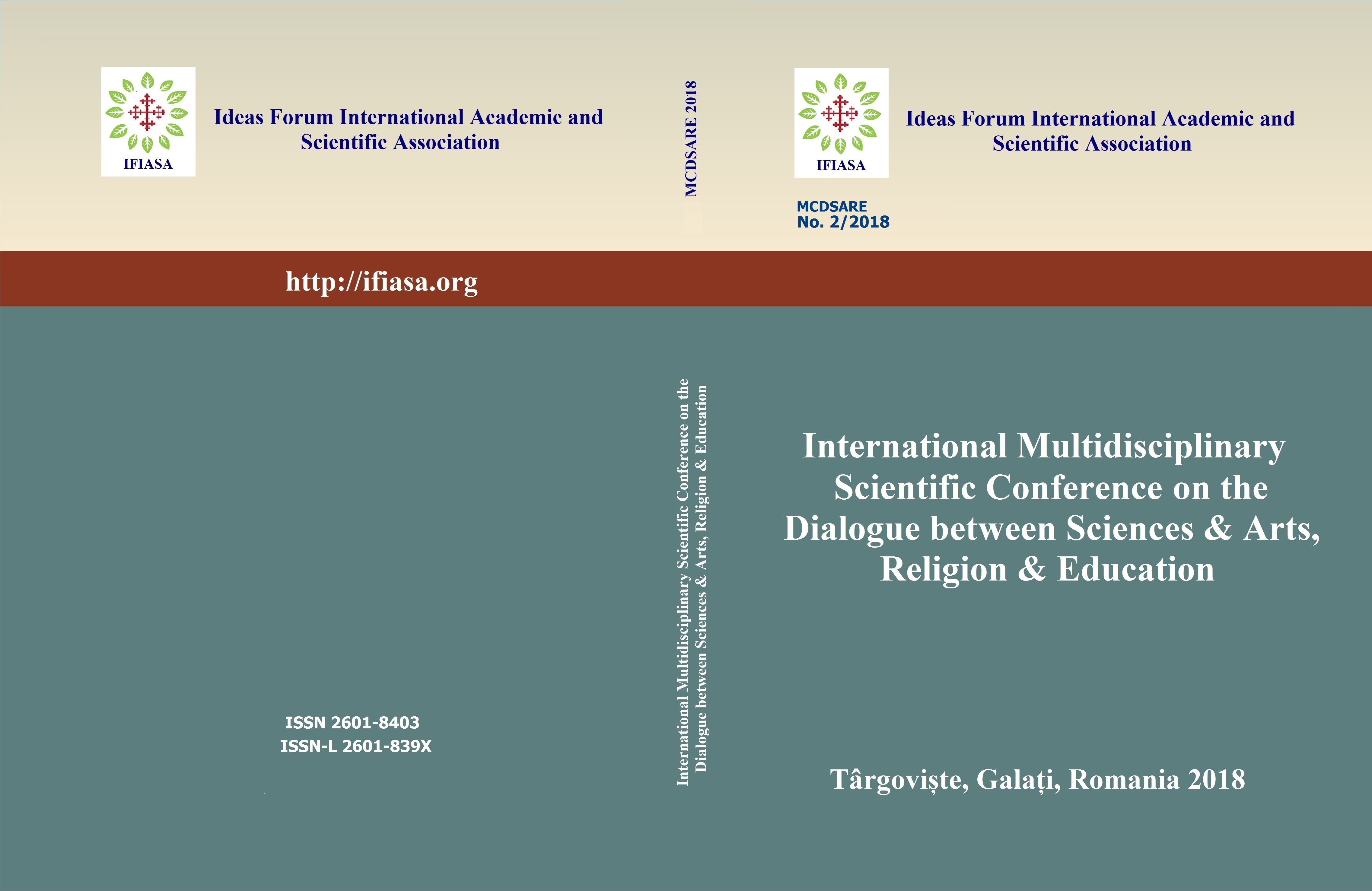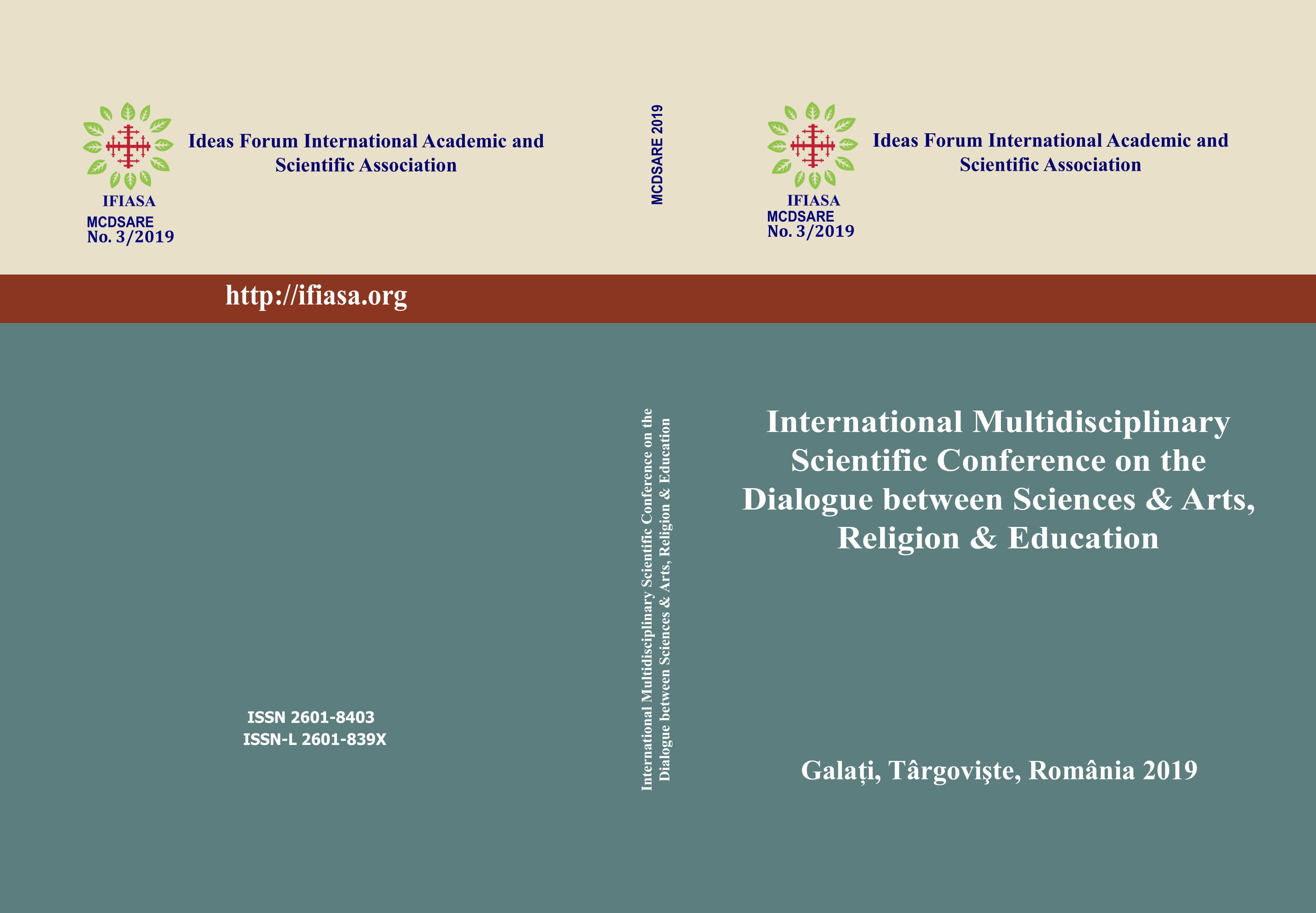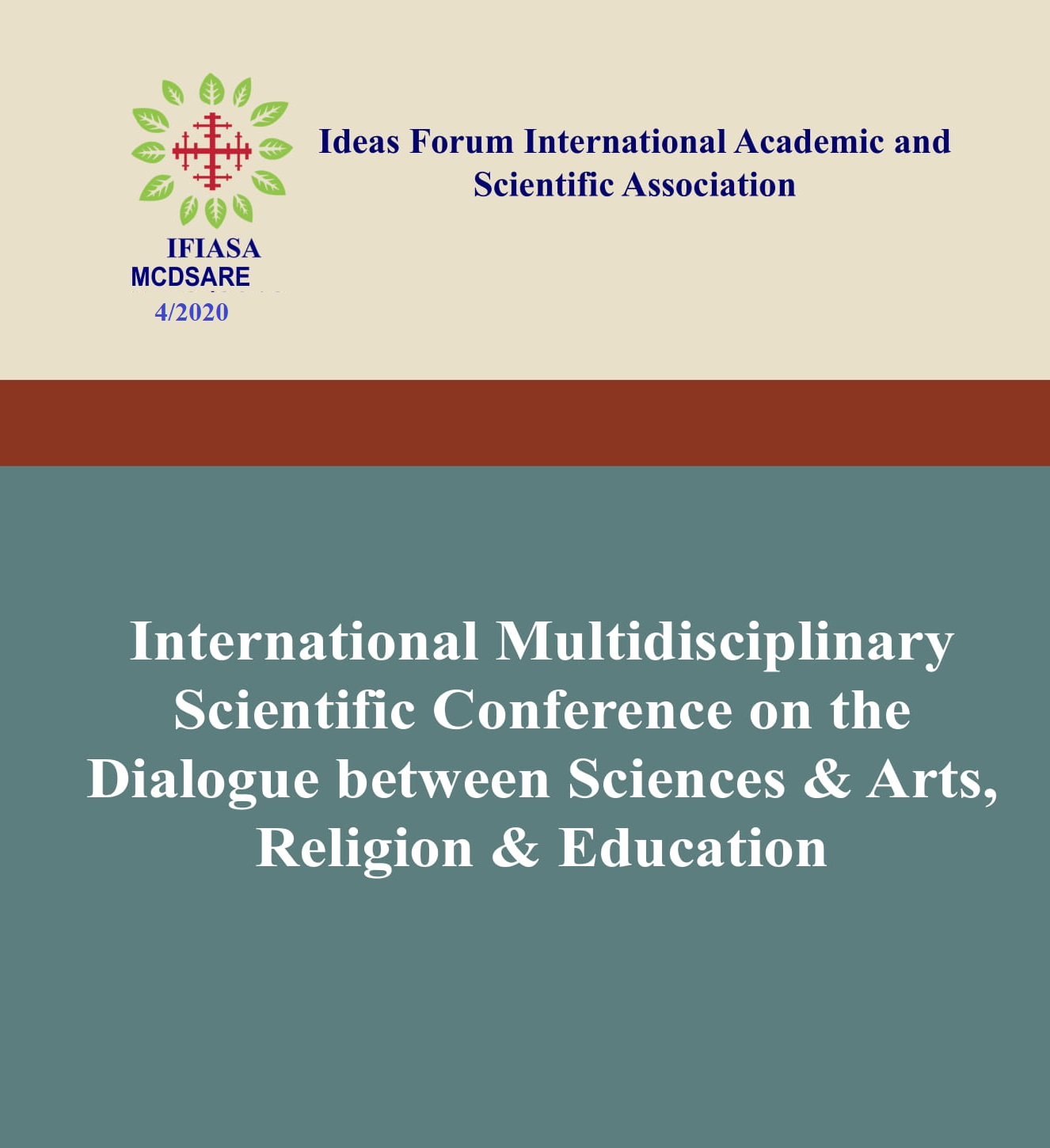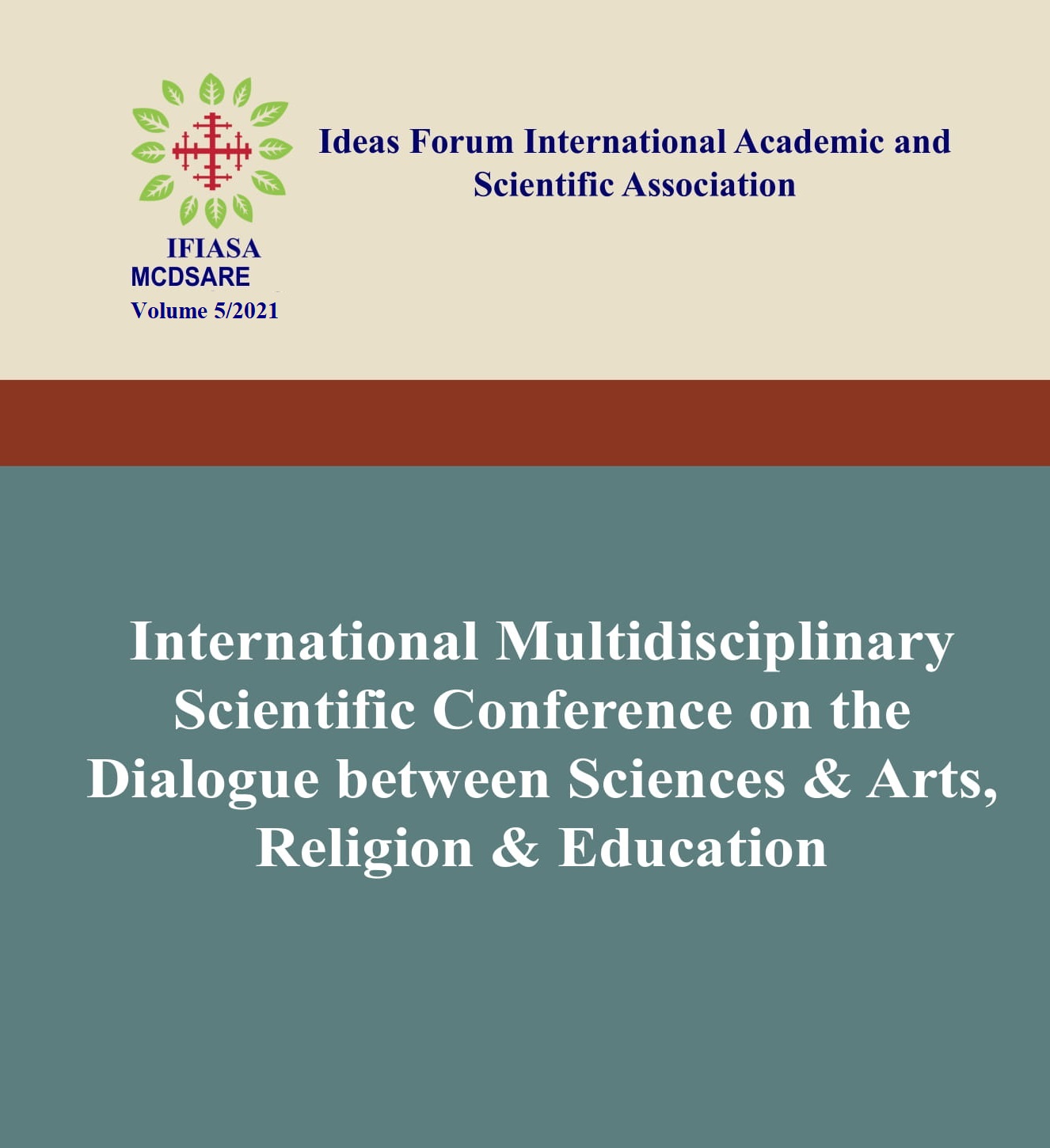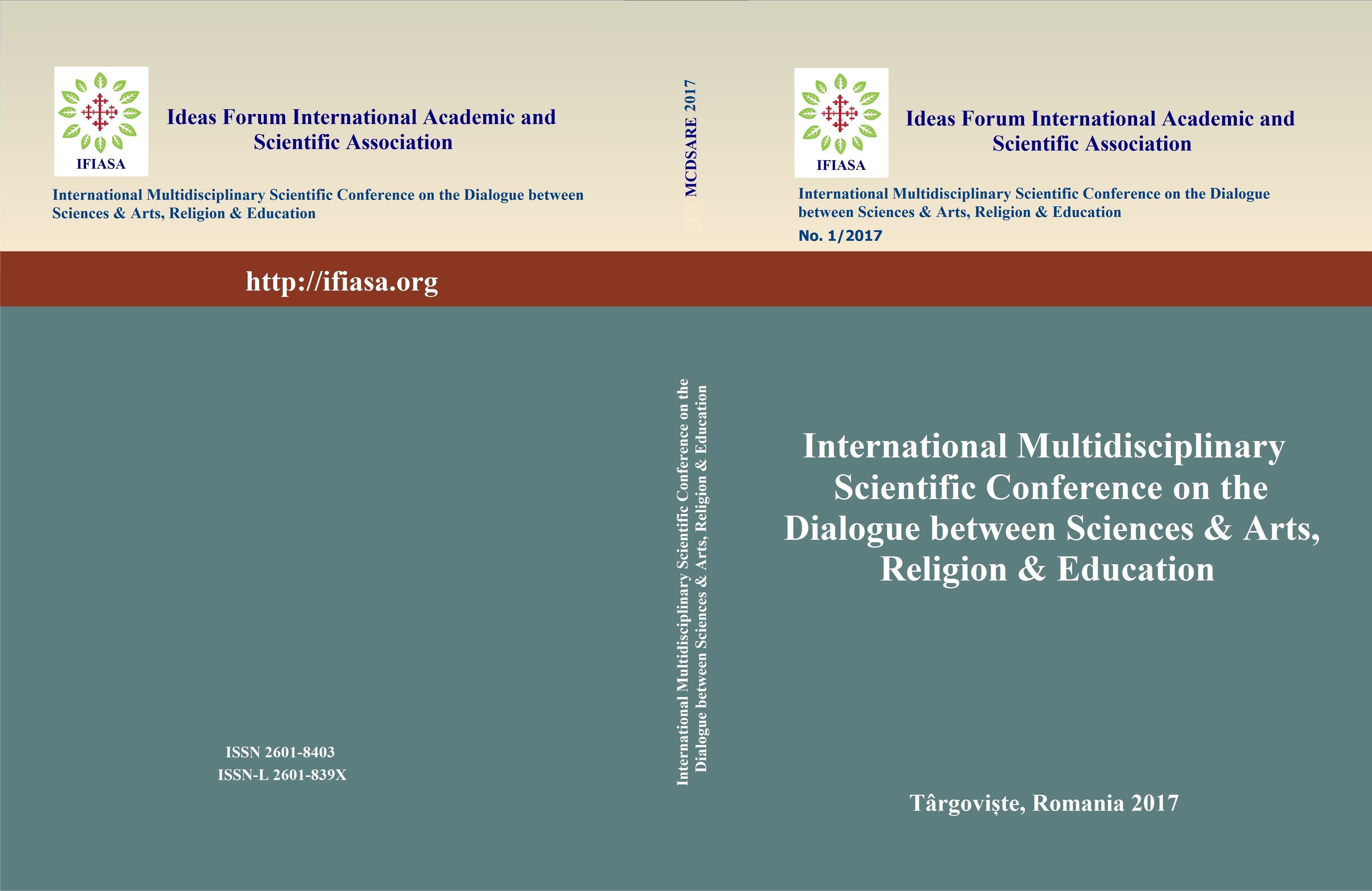
THE HOLY SCRIPTURE AS FOUNDATION OF THE ICON
THE HOLY SCRIPTURE AS FOUNDATION OF THE ICON
Keywords: Holy Scripture; gospel; Saviour; apostles; icon;
The Gospel, this great news, reveals God to the world Incarnated as Jesus Christ – true God and true Man.The Apostles, the witnesses to and the beneficiaries of this revelation, confessed that „...which we haveheard, which we have seen with our own eyes, which we have gazed upon and touched with our ownhands – this is the Word of life… we proclaim to you” (I John 1, 1-2). The content of the new-testamentwritings is therefore based on the authors’ personal experience or, at most, on exact sources, and aims touse words as to introduce readers into the atmosphere of grace experimented by the disciples so that theythemselves become witnesses to and proclaimers of true Life, „in Him was life and that life was the lightof all mankind” (I John 1, 2-3). Therefore, the interdependence between word and image, between Gospeland icon is created. The Apostles saw the Saviour „face to face”; we absorb His words from the HolyBooks and we feel as if addressed to us and, through these words, we feel the presence of One whospeaks them. Similar to icons, the words render the Person present and also lead towards that closeness toThis One and that dialogue of the prayer.
More...
